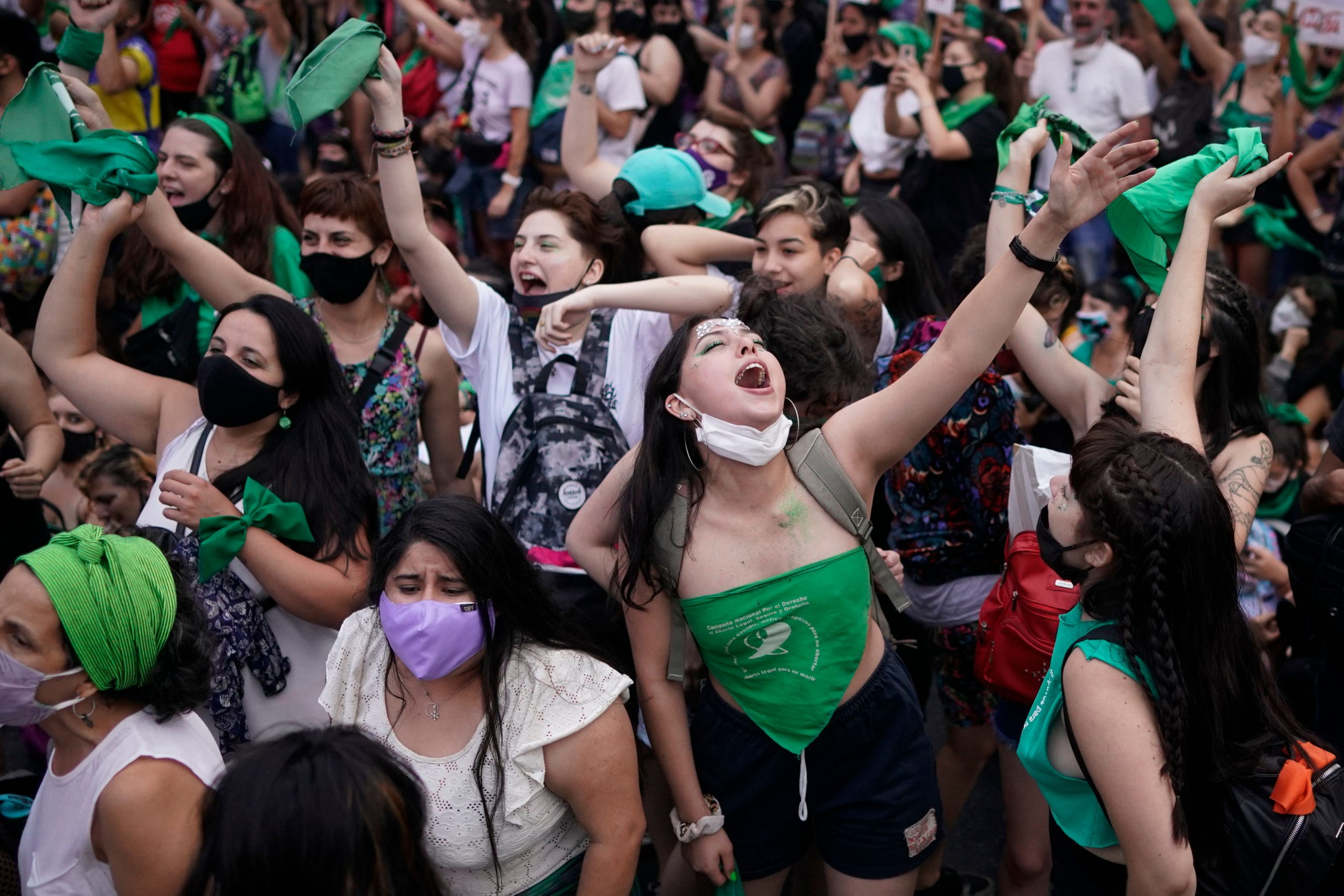People in Poland showed their disapproval of the recent
court ruling restricting the circumstances under which an abortion can be
allowed, when thousands of them in Warsaw marched to the house of deputy prime minister who is considered to be behind the move, AFP reported on Sunday.
Protesters crossed the city to reach Jaroslaw Kaczynski’s
house, despite barriers put up at several points to check their march, before coming
to a halt by barriers put up by authorities at the street where the politician
lives.
Already overnight, farmers disaffected by falling prices of
their products conveyed their displeasure by throwing a dead pig there and strewing
the road with eggs and potatoes.
Also read: Argentina’s lower house passes bill to legalise abortion
Sunday’s demonstrations took place on the 39th anniversary
of Poland’s then leader General Wojciech Jaruzelski declaring martial law to
crush the Solidarity trade union movement pressing for reforms, AFP wrote.
Activists have organised a series of protests since the
October court ruling that abortions due to birth defects are unconstitutional
— a decision that would impose a near-total ban on terminations.
Also read: Rigid abortion law still favoured by ‘silent majority’ in Poland
The bill, passed on October 22, hasn’t been notified yet, which means it cannot be
enforced. But medical practitioners are already cancelling their abortion
appointments, concerned with the risk of falling foul of the ruling.
According to official government data, Poland sees 2000
abortions every year, but advocates of the practice say the number goes as a
high as 200,000 with the lot of them getting it done illegally or in other
countries where it is allowed.
The October ruling proscribed abortions for anyone except in
case of rape victims, pregnancy engendered by incense, or when it becomes
threatening to the life of the mother.
Protesters have ignored government orders against mass gatherings
during the coronavirus pandemic, which has so far killed 22,000 people in
Poland, a country of 38 million people.







